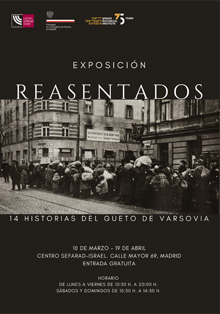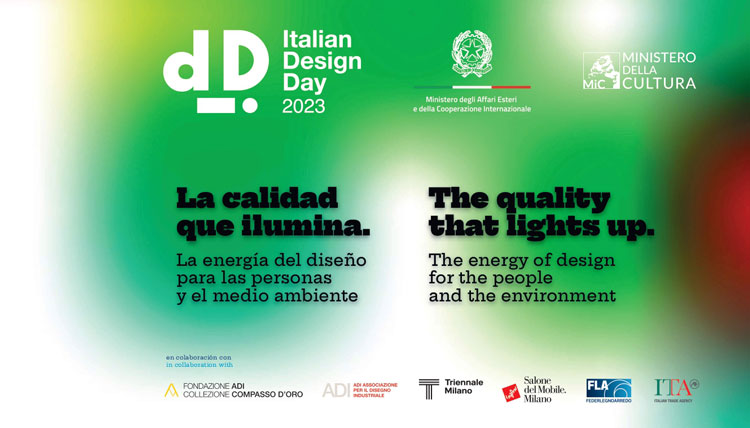In collaboration with Centro Sefarad-Israel, the Polish Embassy will hold several events in March and April to commemorate the 80th anniversary of the Warsaw Ghetto Uprising.
Until 19 April, the exhibition Resettled. 14 Stories from the Warsaw Ghetto, which is a joint project of the Polish Embassy, the Jewish Historical Institute of Warsaw and Centro Sefarad-Israel.
The Warsaw Ghetto was the largest of the ghettos created by the Germans in occupied Europe and at its height some 450,000 Jews were confined there. Its wall, which separated two worlds – the Jewish and the Polish – on Hitler’s orders, condemned the Jews to isolation and loneliness. The world outside the ghetto was hostile to them and life inside the walls condemned them to hunger, poverty and disease. Fourteen selected stories illustrate how much courage and determination both life in the ghetto and the search for rescue outside its borders required. The Warsaw Ghetto Uprising began on 19 April 1943 and was one of the most heroic acts of organised popular resistance to Nazi violence in Europe.
On 12 April, a guided tour of the exhibition Resettled. 14 Stories from the Warsaw Ghetto and the performance Stories from the Ghetto by Elżbieta Bortkiewicz. On the 18th of the same month, the Centro Sefarad-Israel will also host the lecture Ringelblum Archive. Life and Conditions in the Warsaw Ghetto by Ángel Luis Encinas Moral. The following day, the 19th, the Centro Sefarad-Israel will host the lecture Health and medicine in the ghettos, given by Professor Rosa Ríos Cortés and Professor Esteban González López. The lecture will be followed by the screening of a short animated film based on Hanna Krall’s interview with Marek Edelman. And finally, on 25 April there will be a concert by the Bester Quartet at the Centro de Cultura Contemporánea Conde Duque.







